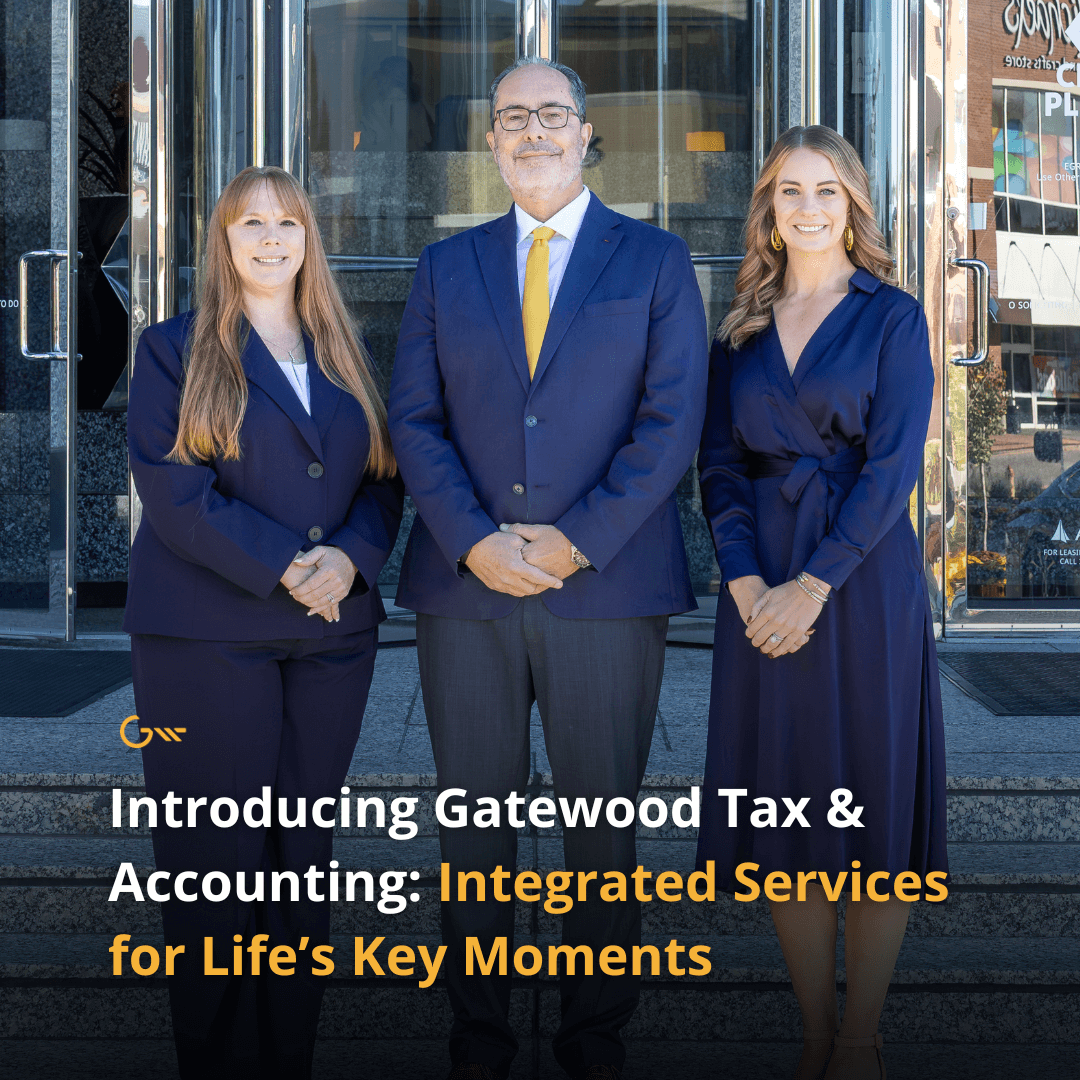Just as it is important to be physically and mentally fit, it is also important to be fiscally fit. Fiscal fitness is not only about how much money you earn or the balance in your savings or retirement accounts. Instead, it is about the relationship you have with your finances. Here are five signs that you are fiscally fit and tips on how to potentially improve the health of your wealth.
1. Grateful
If you resent your financial situation, you may not be fiscally fit. Sometimes, this might occur due to an unexpected change in your life, such as losing a job. But in other cases, resentfulness springs from poor money management habits.
Living above your means usually creates a lot of stress. It may also take a toll on your personal life. Identify areas where you may make changes that allow you to feel grateful rather than resentful about your situation. Fiscally fit people feel grateful about their money and the things it allows them to do.
2. Well-Informed
Fiscally fit people are well-informed. They understand financial essentials. They have the knowledge they need to make sound decisions about their current and future finances. That said, you do not necessarily need to know everything about finances. Ideally, you should be financially literate and bring in financial professionals as required to help you.
3. Forward-Looking
Do you think about the future? Or are you just living for today? Even if you are very comfortable and grateful about your current finances, you may not be financially healthy if you do not have a plan for tomorrow. Ideally, you should have short- and long-term financial goals and manage your money in ways that help you work toward those goals.
4. Optimistic
People who have high levels of fiscal fitness are optimistic. They are not worried about the financial aspects of the future because they have a plan in place. They save for the future and put aside enough to cover unexpected emergencies. They have insurance coverage or contingency plans just in case they develop a major illness, get in an accident, become disabled, die prematurely or encounter other unforeseen issues and challenges.
5. Confident
Having confidence about your finances is a major sign of fiscal fitness. Well-informed and forward-looking people feel confident about the decisions they make about their money. Whether splurging on a luxury item, sticking to a budget or putting money into savings, they feel confident in those decisions.
A false sense of bravado or assuming everything could be OK even though you do not plan for your financial future or budget properly is not the same as being confident. Confidence, instead, is a sense of assurance that you make informed decisions for each situation.
Are you fiscally fit? If the concepts above accurately describe you, then you probably are fiscally fit. If not, you may need some extra help. Consider consulting with a financial professional regularly to manage your finances.
The opinions voiced in this material are for general information only and are not intended to provide specific advice or recommendations for any individual.
All information is believed to be from reliable sources; however LPL Financial makes no representation as to its completeness or accuracy.
This article was prepared by WriterAccess.
LPL Tracking #1-05345915.




